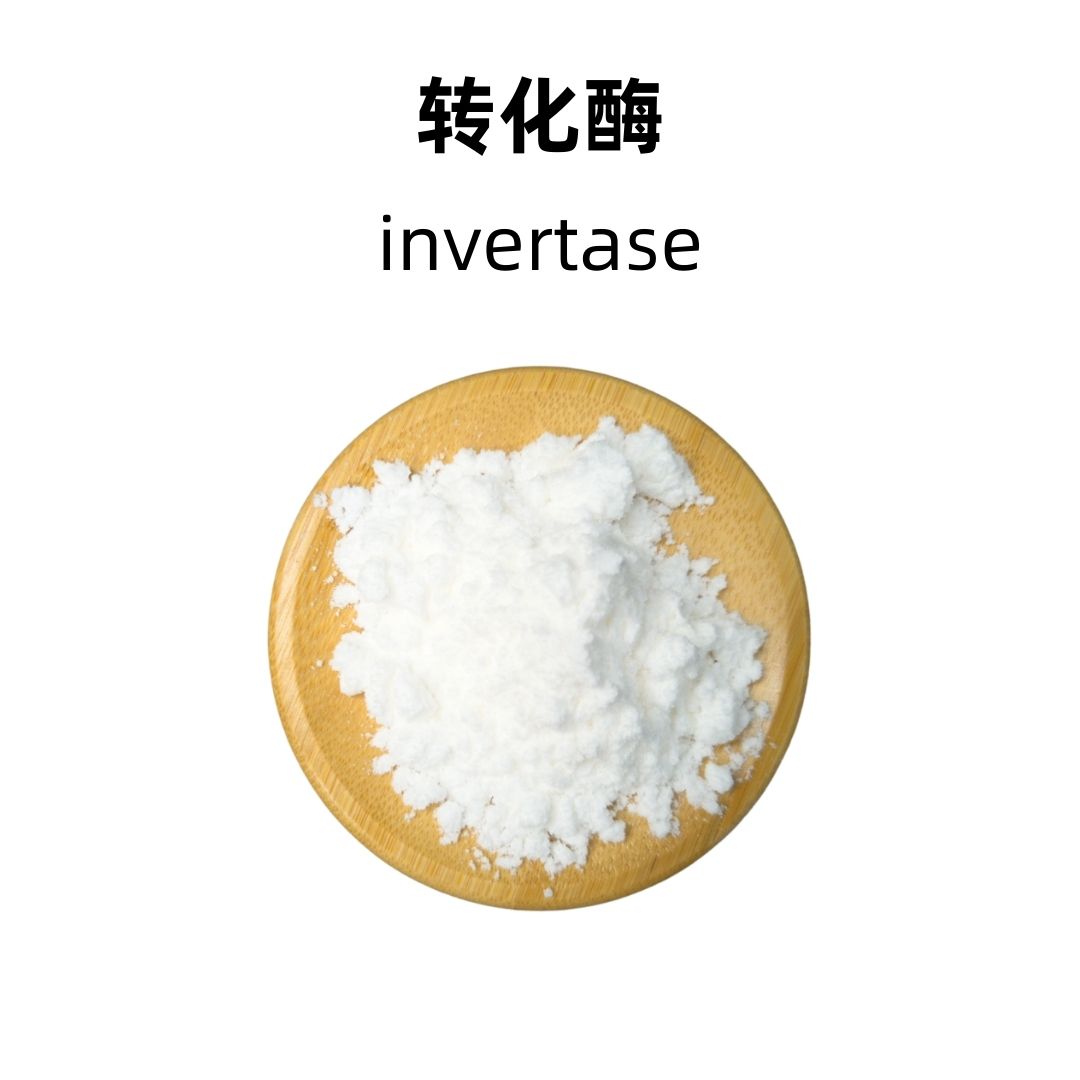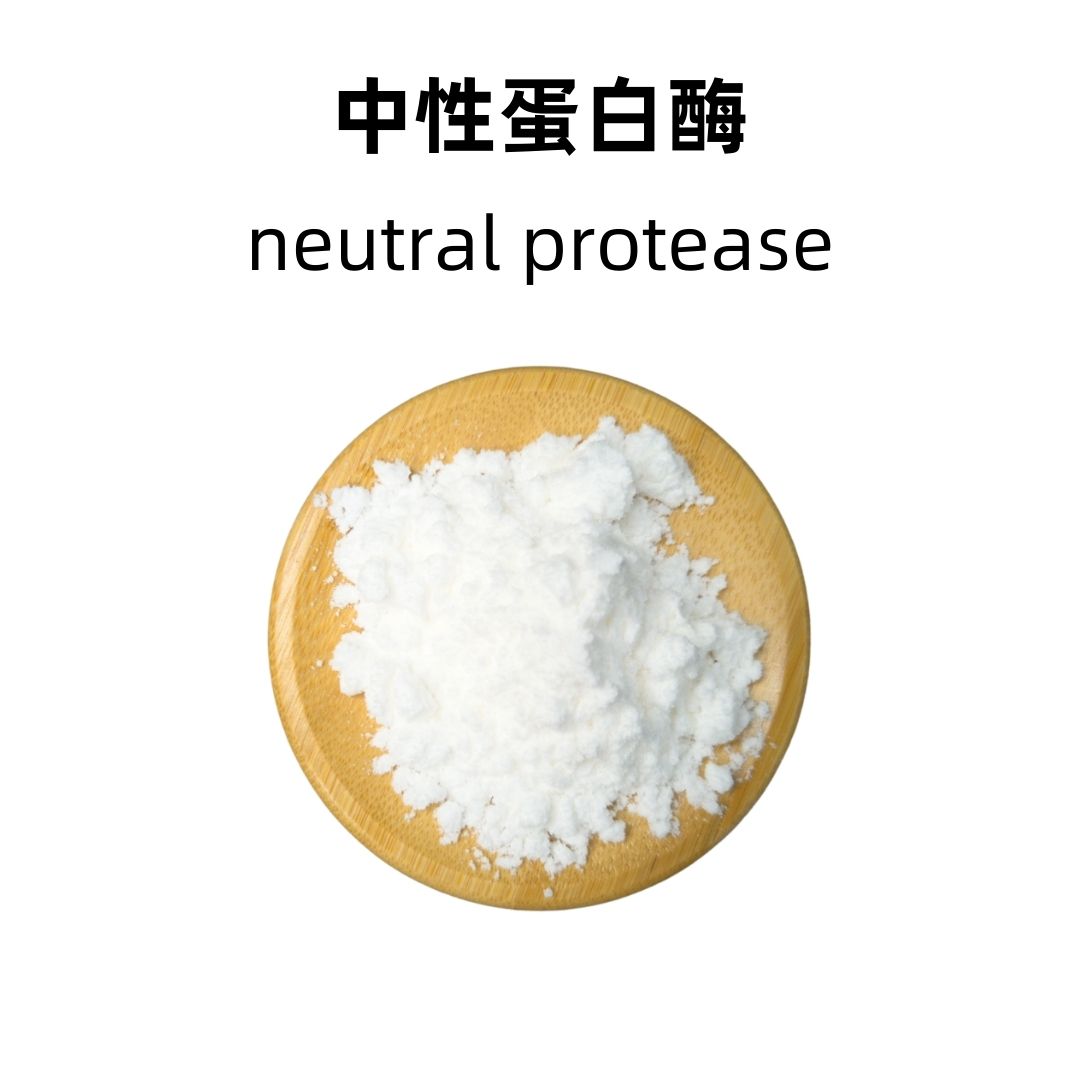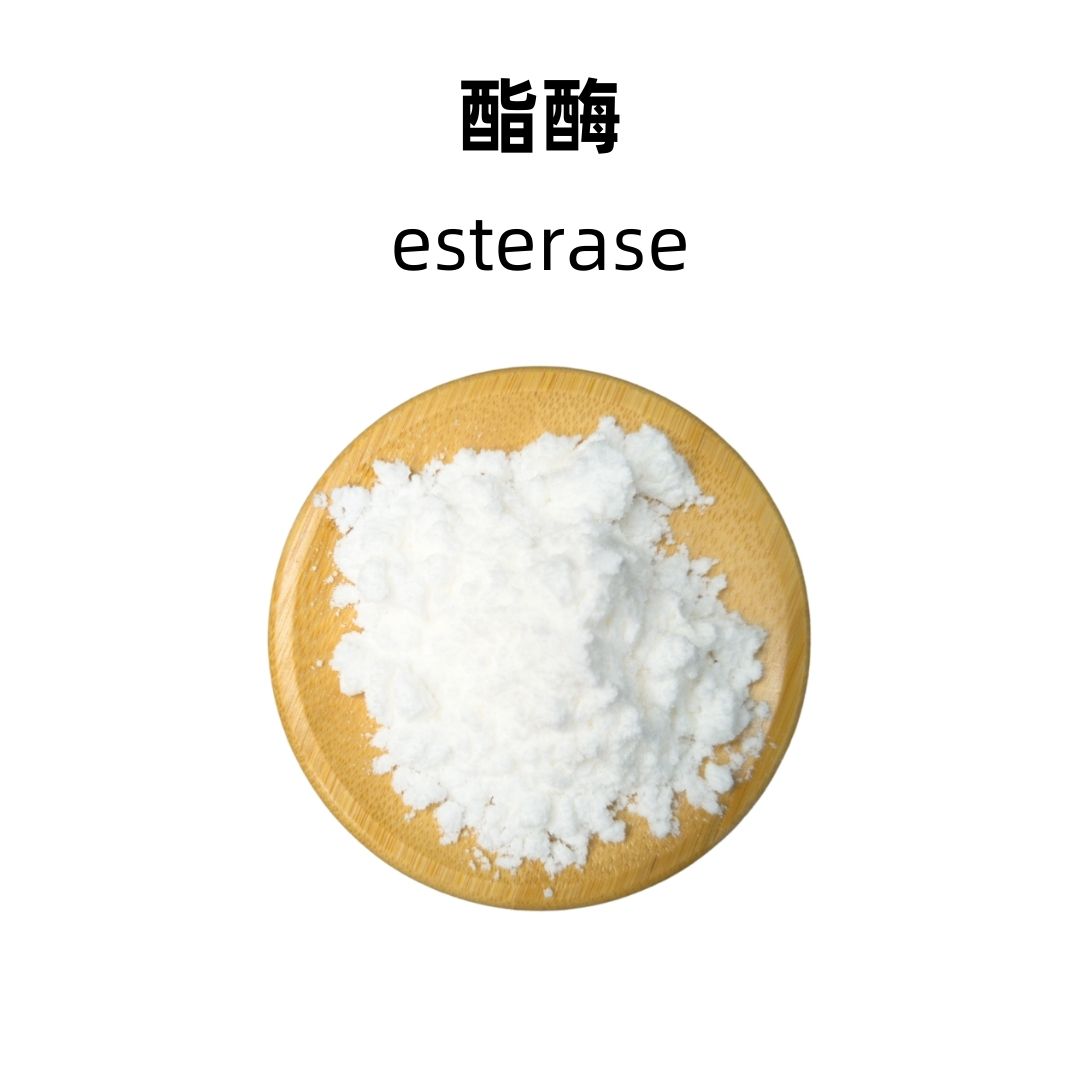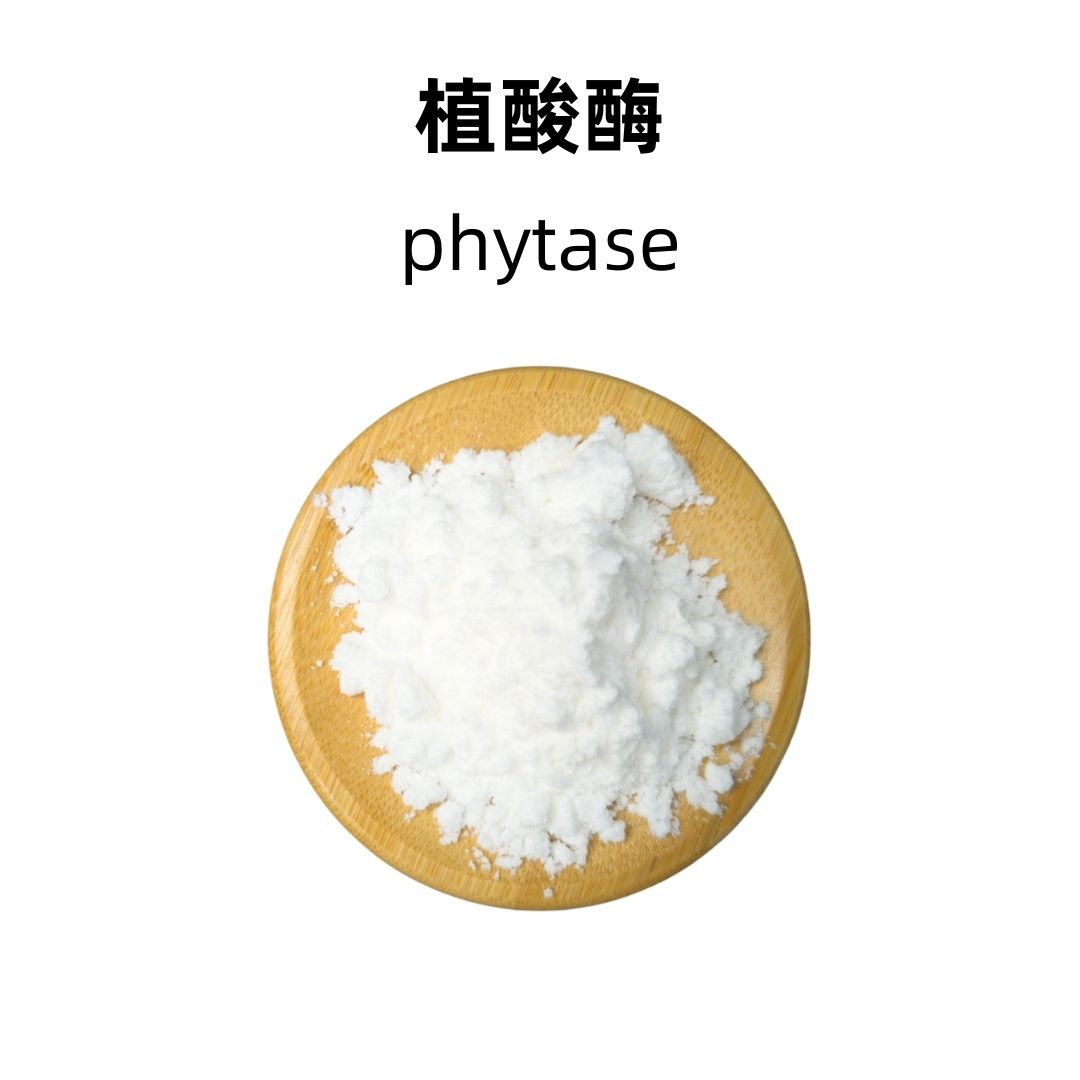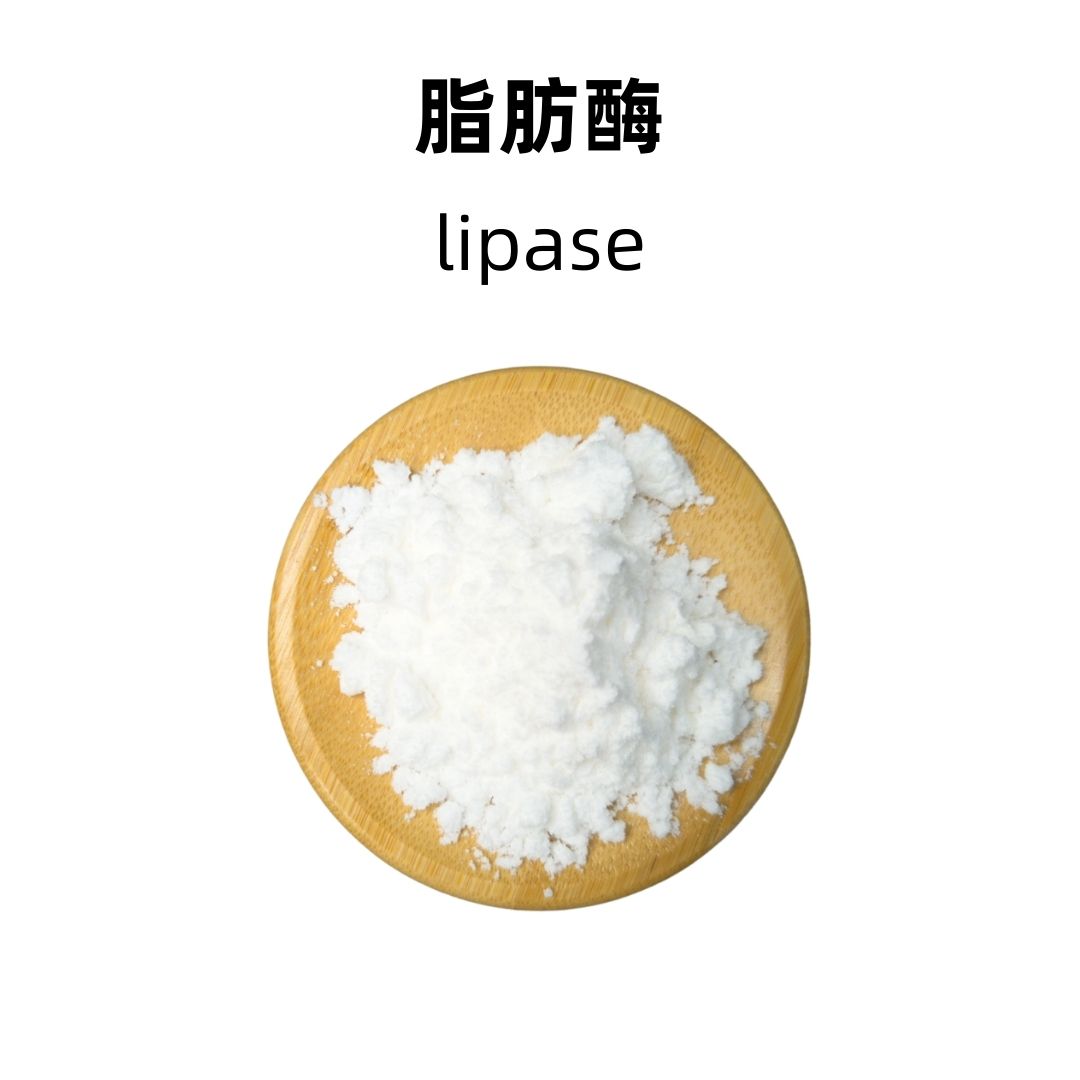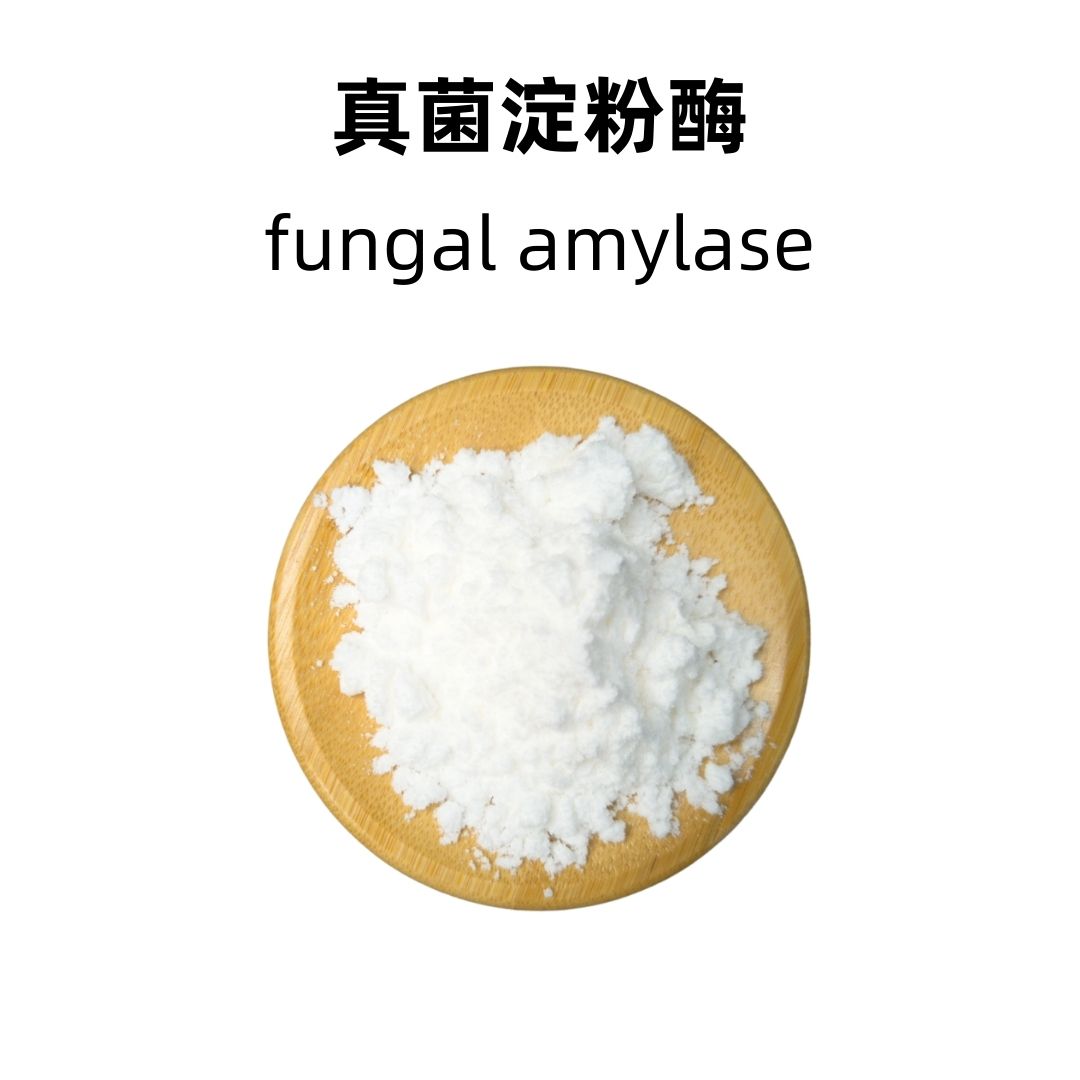Product Introduction
Chitosanase is an enzyme that catalyzes the hydrolysis of chitosan, a natural polymer derived from chitin. It plays a crucial role in breaking down chitosan into smaller oligosaccharides and monomers that can be utilized by living organisms. This enzyme has garnered attention for its applications in various industries, notably in food technology and agriculture.
Production Process
Chitosanase is typically produced through fermentation using specific strains of microorganisms that have the ability to synthesize the enzyme. The production involves growing these microbial cultures in a controlled environment where optimal conditions are provided for enzyme production. After fermentation, the enzyme is extracted and purified through various methods, ensuring a high level of activity and purity before packaging.
Effects and Functions
Chitosanase works by cleaving the glycosidic bonds in chitosan, resulting in smaller, more soluble compounds. These degraded products exhibit several benefits, including enhanced bioavailability of nutrients and potential health benefits. Additionally, chitosanase has been noted for its role in promoting the growth of beneficial microorganisms in the gut, thus contributing to better digestive health.
Application Scenarios
In the food industry, chitosanase can be added to enhance the digestibility of chitosan-containing foods, making nutrients more accessible during digestion. In agriculture, it is used as a biocontrol agent to promote plant growth and prevent diseases. Other applications include the use of chitosanase in bioremediation processes, where it aids in the breakdown of pollutants.
Packaging and Storage
Storage Conditions: The product should be sealed, protected from light, kept away from high temperatures, and stored in a dry, cool, and well-ventilated place.
Packaging: Bulk packaging is available at 25 kg per fiber drum, while samples can be provided in 1 kg aluminum foil bags. Custom packaging is available upon request.
Shipping Methods: Available shipping options include FedEx, DHL, dedicated logistics, and sea freight consolidation.
Shelf Life: Chitosanase has a shelf life of two years when stored under the recommended conditions.
Monica Sun possesses extensive technical expertise and market insights in the food additives industry. She excels in designing efficient and safe additive formulations tailored to various food applications, ranging from sweeteners to functional dietary fibers. Monica has successfully assisted food manufacturers in optimizing ingredient combinations to enhance product quality and improve consumer satisfaction.









